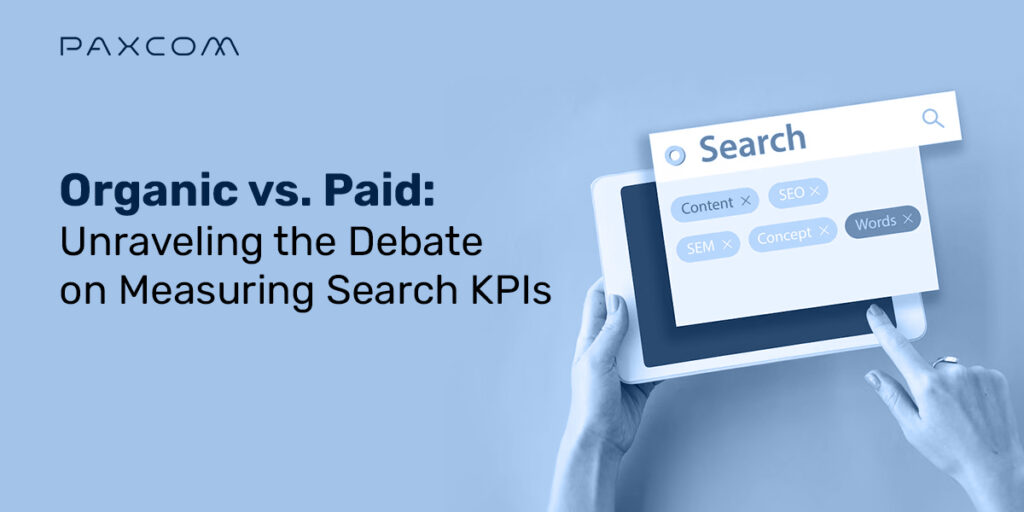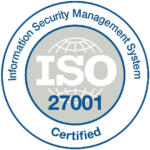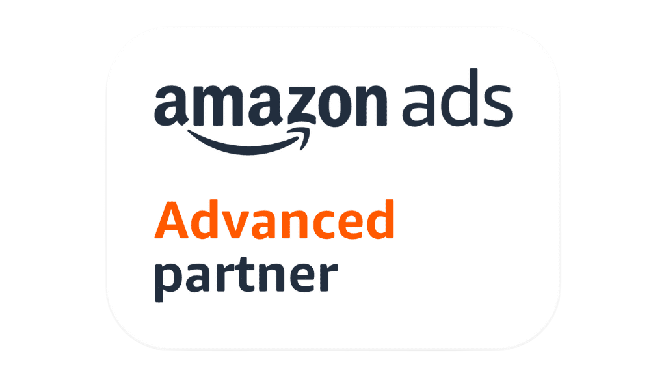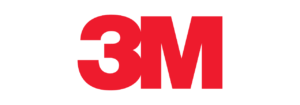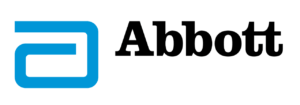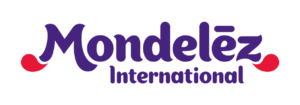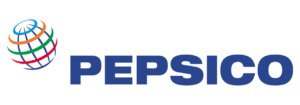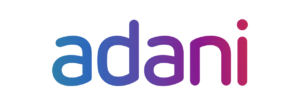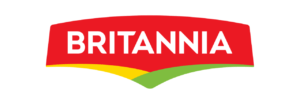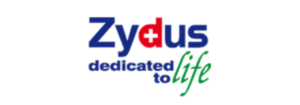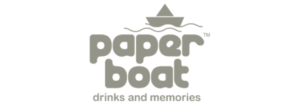Our eCommerce specialist had a lively debate around organic vs. paid search, so why not convert their discussion into a debate blog post? Welcome to the lively debate on measuring Search Key Performance Indicators (KPIs). Today, we will delve into the age-old question: which approach yields better results, organic or paid search within e-commerce platforms? Our two distinguished specialist will present their viewpoints, backed by data and insights from the industry. So, let the debate begin!
Table of Contents
Round 1: eComm Specialist of Organic Search
Specialist A, the advocate for organic search, believes in the power of building a robust and long-term foundation for online visibility. Here are the key points they raise:
- Credibility and Trust: Shoppers perceive organic product listings as more credible and trustworthy. These listings are displayed based on relevance and product attributes rather than being sponsored or promoted.
- Sustainable Growth: Organic visibility in e-commerce marketplaces can lead to steady, sustainable growth over time. When a product listing gains prominence through positive reviews, category nodding, correct keyword tagging, and content, it naturally attracts more traffic without needing ongoing advertising spend.
- Cost-Effectiveness: While the effort to optimize product listings for organic visibility may require an initial investment, it proves cost-effective in the long run as organic traffic increases without direct ad costs. This approach benefits sellers with limited advertising budgets.
Specialist A’s case for organic search emphasizes the importance of having a solid organic search presence to reach a wider audience of potential customers actively searching for products like theirs. By appearing at the top of search results, businesses can increase their visibility and credibility, leading to more sales and growth opportunities.
Round 2: Specialist of Paid Search
Specialist B believes in the immediate impact and precision targeting it offers. Let’s hear their perspective:
- Instant Visibility: Paid search ads ensure instant visibility by prominently appearing on search results pages, alongside organic listings, and in various positions such as mid, bottom, videos, and other relevant pages, enhancing product exposure across browsing pages and categories.
- Flexible Budgeting: Paid search allows sellers to set specific budgets and bids for their products. This flexibility lets them control their advertising expenses and target the right audience based on product attributes and buyer behavior.
- Data-Driven Optimization: With paid search, sellers can access detailed analytics and data, enabling them to optimize their campaigns continuously. These insights help maximize conversion rates by identifying the most effective keywords, ad copy, and bids.
- Seasonal and Time-Sensitive Promotions: Paid search allows for agility in launching time-sensitive promotions, capitalizing on seasonal trends and events, and targeting specific customer segments with tailored offers.
- Amplifying Organic Keyword Rankings: Paid ads significantly impact your brand’s organic ranking for top keywords. Strategically incorporating relevant keywords in your product listings boosts organic search visibility. High-performing paid ads signal search engines about your content’s value, leading to potentially higher organic rankings, increased traffic, and long-term growth.
Specialist B’s case for paid search highlights the advantages of rapid visibility, precise targeting, and data-driven seller decision-making, allowing us to stand out, engage the right audience, and optimize conversions.
Round 3: Debating the Metrics
Both Specialists agree on the importance of metrics in measuring success within e-commerce marketplaces, but they differ in their focus:
Key Metrics:
Specialist A – Organic Search:
- Product Listing Click-Through Rate (CTR): Organic CTR reflects the attractiveness of product titles, images, enhanced content, keywords, and descriptions. A compelling product listing can entice shoppers to click through and explore the product further.
- Conversion Rate: Organic conversions demonstrate the effectiveness of product pages and user experience. A high conversion rate indicates that the product listing resonates with shoppers and motivates them to make a purchase.
- Product Listing Impressions: Measuring the number of times a product listing appears in search results provides insights into its overall visibility and appeal to potential buyers.
Specialist B – Paid Search:
- Product Ad Click-Through Rate (CTR): Paid CTR measures ad effectiveness and relevance. A well-crafted product ad can drive higher CTR, leading to more qualified clicks.
- Conversion Rate: Paid conversions demonstrate the success of product ads in driving sales. A high conversion rate indicates that the ad content and targeting align with the needs and preferences of the target audience.
- Return on Advertising Spend (ROAS): ROAS indicates the revenue generated per advertising dollar spent. Sellers can use this metric to gauge the profitability of their paid campaigns.
- Average Order Value (AOV): Understanding how much customers spend per transaction through paid ads helps optimize bidding strategies for higher ROI.
Both specialists agree that understanding and measuring these metrics is essential for optimizing product visibility and sales performance.
Round 4: Finding Common Ground
Despite their differing opinions, our specialists recognize the significance of a holistic approach to search KPIs within e-commerce marketplaces. They acknowledge that incorporating both organic and paid strategies can yield exceptional results:
Common Ground:
- Integrating Between Channels: Combining organic product optimization with paid advertising allows sellers to create a complementary effect, leading to higher overall visibility and greater chances of reaching potential buyers.
- Keyword Research Collaboration: Both of them agree that aligning organic and paid keyword research can yield valuable insights for product targeting, leading to more effective campaigns and better organic product rankings.
- Attribution Modeling: Both advocate for advanced attribution modeling, which helps accurately measure each channel’s contribution to conversions and revenue. Proper attribution ensures that marketing efforts are rewarded appropriately.
- Customer Lifetime Value (CLV): By considering CLV, sellers can better understand the long-term value of acquiring customers through organic and paid channels. Both approaches play key roles in reaching the target audience, driving conversions, and maximizing returns on investment.
- A/B Testing: Tests on titles, images, and content to improve product listings. Track CTR and conversion rates for better engagement. Test different ad copies and visuals. Analyze results for optimized ad performance and increased sales.
Comparison of Organic and Paid Search Strategies
Round 5: Advanced Insights and Solutions
As the debate reaches its climax, the specialists share advanced insights and solutions to capitalize on the strengths of both organic and paid search.
Specialist A – Organic Search:
- Leveraging Marketplace Algorithms: Understanding how marketplace algorithms rank organic listings is crucial. To enhance organic visibility, sellers can leverage this to optimize product titles, descriptions, and backend keywords.
- Customer Reviews and Social Proof: Encouraging positive customer reviews and social proof can significantly impact organic product conversions. High ratings and positive feedback build trust and encourage others to make purchases.
- Product Category Optimization: Sellers can strategically place products in relevant categories and subcategories to improve organic visibility when shoppers browse specific marketplace sections.
- Images Alt text: Incorporating descriptive alt text for product images is another essential aspect of optimizing the organic search. These alternative text descriptions provide context to search engines, enhancing the accessibility and relevancy of product images for potential buyers.
- Leverage A+(enhanced) content and brand stories: By utilizing these content features, sellers can create a compelling narrative around their brand and products, effectively increasing conversions and driving organic traffic.
Specialist B – Paid Search:
- Ad Placement Optimization: Sellers can experiment with different ad placements within the marketplace to identify the most effective positioning for their products.
- Seasonal and Trend-Based Campaigns: Planning paid campaigns around seasonal trends and events can capitalize on increased consumer interest and drive sales.
- Product Audience Targeting: Sellers can target specific audiences with personalized product ads by utilizing customer demographics and preferences data.
Conclusion:
In conclusion, the organic vs. paid search debate is not about choosing one over the other but rather about finding the right balance to leverage the strengths of both strategies. Organic search offers credibility, sustainability, and cost-effectiveness, while paid search provides instant visibility, precise targeting, and data-driven optimization.
By embracing a complementary relationship between organic and paid strategies, e-commerce sellers can establish brand trust, drive steady growth, and achieve optimal performance within competitive marketplaces. Furthermore, utilizing advanced insights and solutions, such as marketplace algorithms, customer reviews, ad optimization, and targeting, enables sellers to navigate lasting success and profitable results effectively. Contact Paxcom today and elevate your journey toward sustained growth, profitability, and market dominance.
